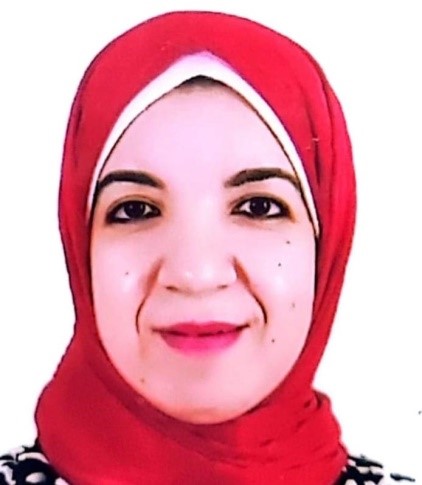Abstract Detail

Nermeen M. ElBakary
Egyptian atomic energy authority, Egypt
Abstract
Background: Hepatocellular carcinoma (HCC) is one of the most common types of cancer worldwide and the first cause of cancer-related deaths. Tumor resistance is typically blamed for the failure of radiotherapy and chemotherapy to treat cancer in clinic patients. To improve the cytotoxicity of tumor cells using radiation in conjunction with specific tumor-selective cytotoxic drugs is crucial.
Aims and objectives: The goal of the present study was to investigate the antitumor efficacy of a new thiophene derivative against HCC in rats and explore the possible associated molecular pathways. The potential of this thiophene derivative to sensitize the HCC tumor tissue to a low dose of gamma irradiation was also investigated.
Methods: Adult male rats were divided into five groups; control, group treated with diethylnitroseamine (DEN) for the induction of HCC. The HCC-group was further divided into four groups and treated with thiophene derivative, γ-irradiation, thiophene derivative+γ-irradiation, or left untreated.
Results: DEN induced HCC as evidenced by the macroscopic examination of liver tissues and histopathology, slowed the proliferation of cancer cells. As a key player in tumor proliferation, and inflammatory cascade induction, the down regulation of STAT3 following treatment of irradiated and non-irradiated HCC group with thiophene reduced tumor growth via multiple mechanisms, including production of pro inflammatory cytokines (down regulation of TLR4 expression and NFKB level), suppression of survival markers level (reduction of JAk, NOTCH1, β- catenin, SOCS3), and enhancing apoptosis (induction of tumor PPAR-γ and caspase-3) followed by enhancement of redox tone (Nrf-2,SOD,catalase and MDA) of the cells. The concomitant action of thiophene derivative+γ-irradiation was typified by the better amelioration of tumor incidence and multiplicity.
Conclusion: Taken together, the new thiophene derivative is a promising therapeutic candidate for treatment of hepatic cancer in rats. It also sensitizes the HCC tumor to the ionizing radiation through anti-inflammatory and pro-apoptotic pathways
Biography
She got a scholarship for MSc Study from Academy of Scientific Research and Technology (ASRT), in Atomic energy authority, in the field of radiation biology, since 1/2/ 2009 to 31/12/2011. Ph.D. degree in Biochemistry, Biochemistry Department, Faculty of Science, Ain Shams University, (2017). As a reviewer in Scientific Reports, cell biochemistry and function, open chemistry journal, biomed research international, human and experimental toxicology, BMC complementary cancer medicine, integrative cancer therapies, Asian Pacific Journal of Cancer Prevention, archive and case report, parasite and vectors journal, Toxicology report journal. Associate professor of Biochemistry, Radiation Biology Department, National Centre for Radiation Research and Technology (NCRRT), Atomic Energy Authority (AEA), Cairo, Egypt, 2023.
